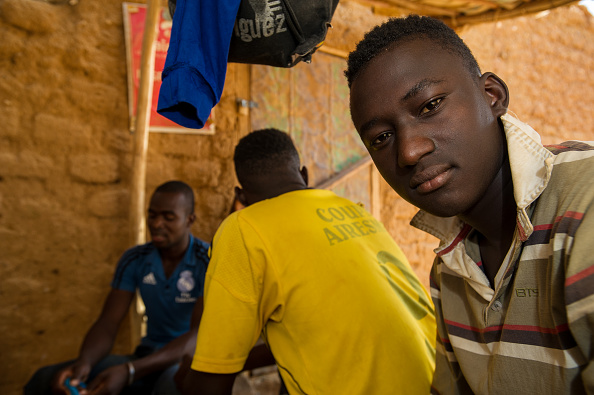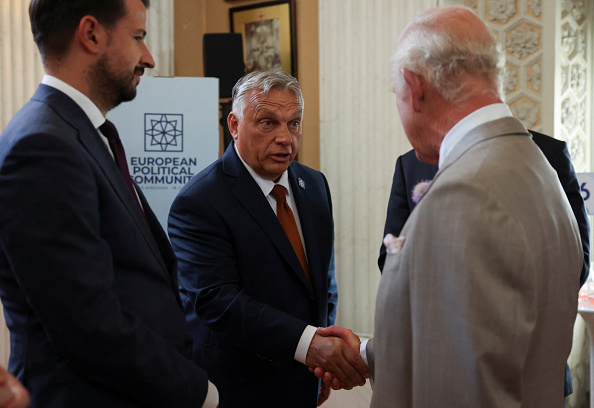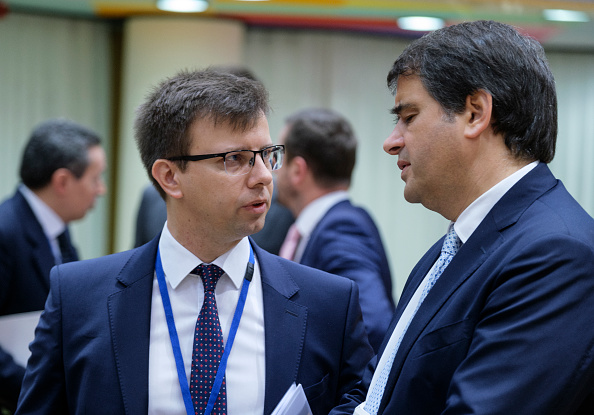Hungary will permanently lose €1 billion in European Union funds that had to be allocated by the end of 2024 or be lost.
The funding, to be unavailable from January 1, was part of €6.3 billion that the EU froze, citing rule-of-law reasons. It was “very difficult” not to interpret this as “political pressuring”, said János Bóka, Hungary’s EU affairs minister.
The Hungarian Government “has fulfilled all conditions for accessing EU resources”. Bóka wrote on Facebook on December 31.
Brussels “wants to take away the resources from Hungary and the Hungarian people for political reasons”, he added, but pledged Budapest “will use all legal and political means in order to acquire the remaining resources”.
Hungary’s loss of the €1.04 billion will mark the first time an EU member has lost money permanently under the bloc’s conditionality mechanism, European Commission spokeswoman Anna-Kaisa Itkonen told the Polish Press Agency (PAP). “This loss is irrevocable, and Budapest has no right to appeal,” she said on December 30.
The funding was originally the 2022 tranche of the country’s EU cohesion policy payments. Countries have two years in which to pursue funding in arrears.
By the same logic, a 2023 tranche of €1.1 billion for Hungary would be at risk by the end of 2025. The European Commission said to restore the funding the country would need to pass 17 rule-of-law measures.
The commission would also need to approve the measures, a process that could take several months. “The Hungarian Government has met all conditions required to access all EU funds,” János insisted on X.
The commission froze €6.3 billion in total of the funding, constituting 55 per cent of the cohesion payments due to Hungary in December 2022.
The decision, which Prime Minister Viktor Orbán described as “politically motivated”, cited a lack of transparency in spending EU funds, legislative progress on anti-corruption measures and inefficiencies in public prosecutions.
Separately, Hungary has also been deprived of access to funds from the post-Covid Recovery and Resilience Facility.
January 1 also marks the end of Hungary’s six-month term holding the rotating presidency of the Council of the European Union.
During this presidency, Orbán launched a campaign to “Make Europe Great Again” – or Mega – and what he described as a peace mission to meet Russian President Vladimir Putin Moscow on June 5. That came following a July 2 visit to Ukrainian President Volodymyr Zelensky in Kyiv.
A subsequent visit to Chinese President Xi Jinping in Beijing followed, although the European Parliament passed a July 17 censure motion, saying foreign affairs did not lie in the purview of the rotating EU Council presidency.
Summing up achievements from “six months when we made Europe great”, Bóka said Hungary’s presidency had achieved “significant progress” in Serbia’s process of joining the EU.
He added it had led to the adoption, on November 8, of a Budapest Declaration to boost the EU’s competitiveness.





